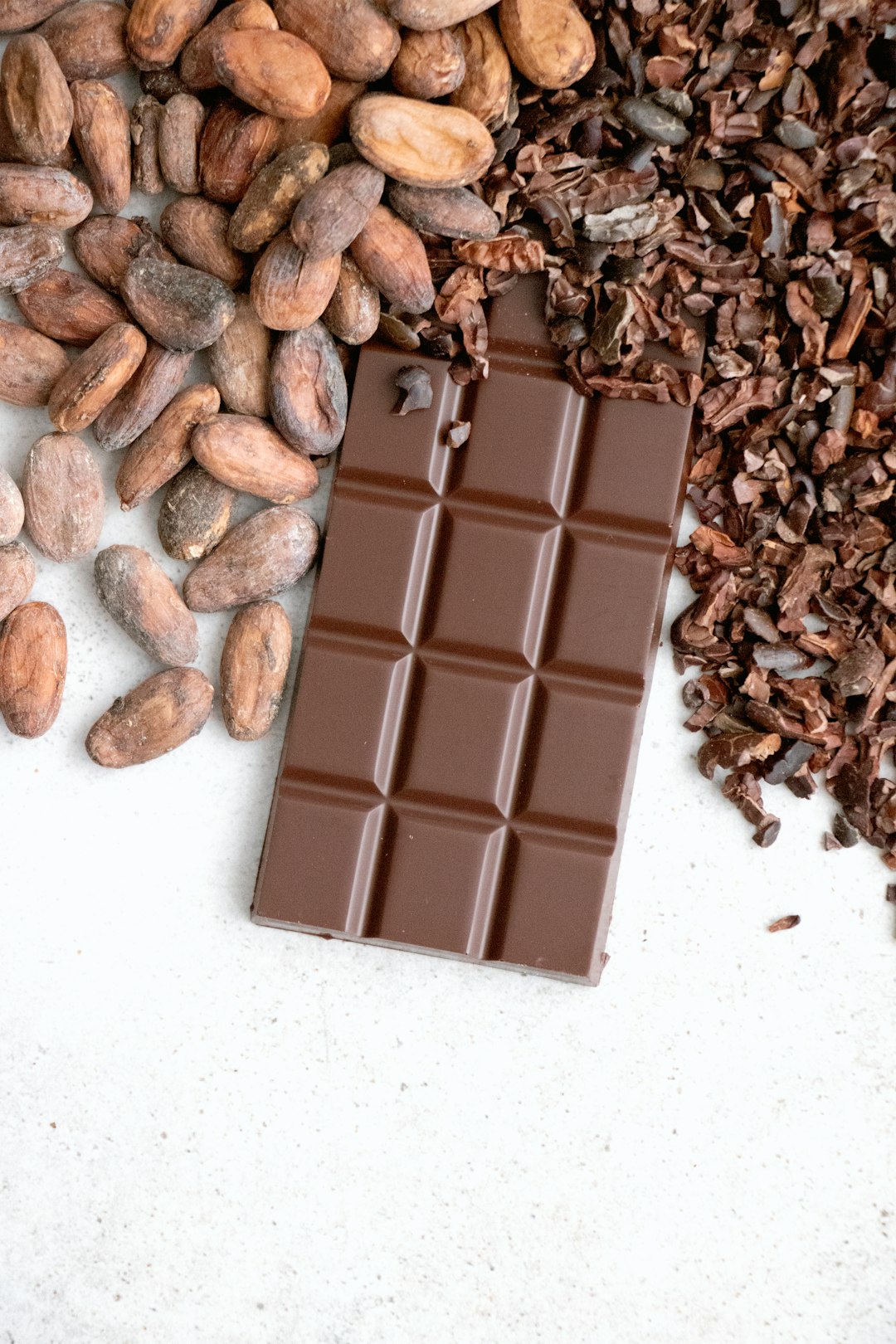Does Chocolate Have a Future?

Climate change is threatening chocolate with extinction as cacao trees are threatened because of habitat loss and climate change. There is a future where there is NO CHOCOLATE! Also no coffee, vanilla, avocados, but somehow I feel more threatened by the loss of chocolate.
I’m not the only person who feels the horror of this loss and there are efforts afoot to grow chocolate in the lab. Not in greenhouses as trees; rather in giant fermentation vats made from cultured cacao bean cells. Cell-cultured cacao is then extracted to release the cocoa solids and made into cocoa.
One lab in Switzerland started making cell cultures of cacao beans so they could understand more about chocolate flavor. In one of their videos, the researcher mentioned mixing their cell cultured cocoa extract with cocoa butter to make the final chocolate bar, so this lab-grown chocolate is not a replacement for chocolate from farm-grown cacao beans.

Another lab, California Cultured, is in Davis, California who are concerned about the damage that conventionally grown chocolate does to the planet. They grows their cacao bean cell cultures and process the cultured extracts through the same fermentation, roasting, and grinding steps a whole bean from a farm in Ecuador or West Africa would go through to make chocolate. Their intention is to produce lab chocolate to replace farm grown chocolate, especially some of the cheapest commodity chocolate used to coat candy bars such as Snickers.
Other replacements for chocolate, are really alternatives. Carob has been marketed as a chocolate alternative for decades. Some other food companies are upcycling food waste from other industries. Nocoa which markets its “cocoa-free chocolate” uses a oat waste product from making oat milk and Voyage Foods upcycles grape seeds to make their cocoa-free chocolate.
I’m still pondering how I feel about lab grown and other alternatives to chocolate. Carob doesn’t make the cut AT ALL. I love the experimenting with food ingredients and the ingenuity of growing chocolate in a bioreactor or making chocolate-alternatives from oat milk waste and grape seeds.
I am relieved this means we’ll always have chocolate. However, I don’t want all my food from a lab where a corporation owns the rights to the ingredients and process of growing them.
Like many foods, chocolate both influences climate change and is influenced by climate change. Chocolate is one of the top greenhouse gas producers per kg produced, after beef and other meats and poultry. Mostly because conventionally grown cacao trees are monocultures which created deforestation.
We need to do more to change the current cacao supply chain to make it more robust, so that it pays farmers a living wages and encourage cacao agroforestry, rather than deforestation and monocultures. I shall continue to support the chocolate companies that support cacao farmers directly. In the long term, we must use fewer fossil fuels, eat more local and regional food, and develop more robust supply chains.
Who Writes Food Crumbs?
Cathy Davies runs a food safety consultancy, Food Safety Mid Atlantic, supporting specialty food businesses with their food safety plans and programs. If you are interested in learning more about my consulting services, please schedule a free call.
Check out our recent blog post on Food Safety Self Audits which discusses why food safety self audits are essential for a safe food business and how a specialty food business can to prepare and carry a self audit.
Please subscribe to Food Crumbs today, if you haven’t already.






Arrgg... I am vegan, mostly for our climate a bit for my health. I was fine being ignorant about the climate impact of chocolate :-/
Sometimes the truth hurts, but nonetheless, thank you for sharing and thank you for caring. And I am glad the future has chocolate!
Shared your post on LinkedIn: https://www.linkedin.com/posts/priscillarolvers_no-more-chocolate-activity-7241770595565072384--rRL?utm_source=share&utm_medium=member_desktop
The mass production of inferior grade products can get extinct for all I care.
I'd be sad to see the ritual parts of the chocolate and the refinement process of the really good stuff fade away. What if we rebranded chocolate not as the easy-to-get-cheap-exploitative stuff and focused on the experience of chocolate - not exclusive, but more inclusive of the producers and with less supply of the predatory sorts?